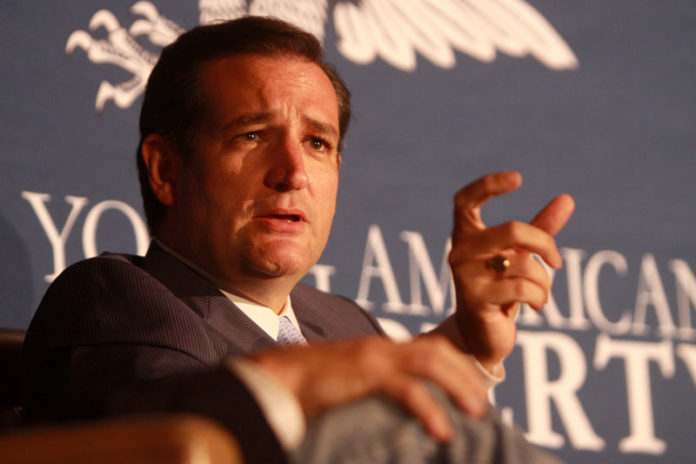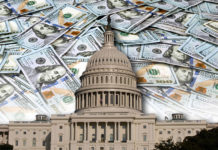One of the most covered “inside baseball” topics of this election season is Ted Cruz’s “sophisticated” data campaign.
“Data” would be an understatement as it’s more like cyber-stalking to understand what you stand for and why.
With the Cruz campaign’s new mobile app, supporters are asked repeatedly to allow the campaign to access all of your Facebook information along with your personal contact list.
This amounts to releasing not just your entire social circle (on and off line) but also what you like and don’t like.
To add creepy to creepiness, the campaign’s app also requests to track your movements . . . so the campaign can get an understanding of your movements in and out of town.
And don’t think that just because you didn’t download the app, you’re safe from Cruz’s prying eyes. The agency the candidate has hired boasts of having created psychographic profiles of ALL American voters based upon social media history, voter history and offline consumer reports.
Why does a political campaign want all of this data?
Well . . . just because.
Inspired by Obama’s data program in 2008 and 2012, the Cruz campaign has been convinced that this personal insight into the minds of the voters will benefit their persuasion and get-out-the-vote campaigns.
Those same consultants who talked Cruz into such tactics are also raking in millions of dollars in fees.
In reality, the techniques are useless and amount to nothing more than privacy invasions.
Television and radio ads cannot be fine-tuned to reach an individual based upon a personality profile. While it’s possible with digital display ads, the campaign isn’t making use of the data as they lack the marketing sophistication to deploy an advertising campaign with thousands of variables.
Instead, the data is used to glean information for Cruz’s speeches so he can reference, for instance, red-light cameras to a group of people who have an issue with it.
The same result could be produced by asking a local insider his or her thoughts . . . for significantly less money and certainly less personal intrusion.
A presidential contender who is willing to care less about privacy is likely to turn into a president who would make the NSA’s dreams come true.






























